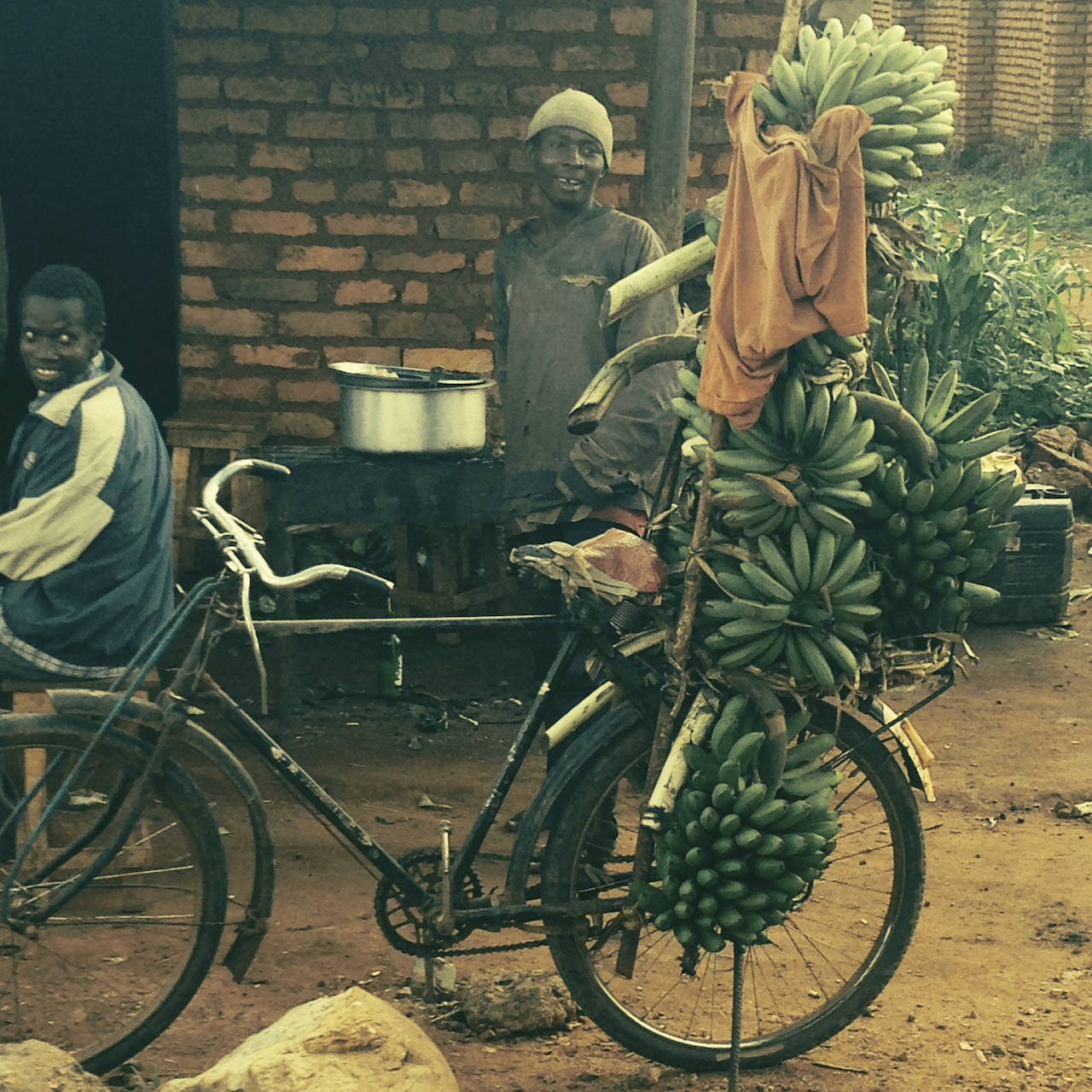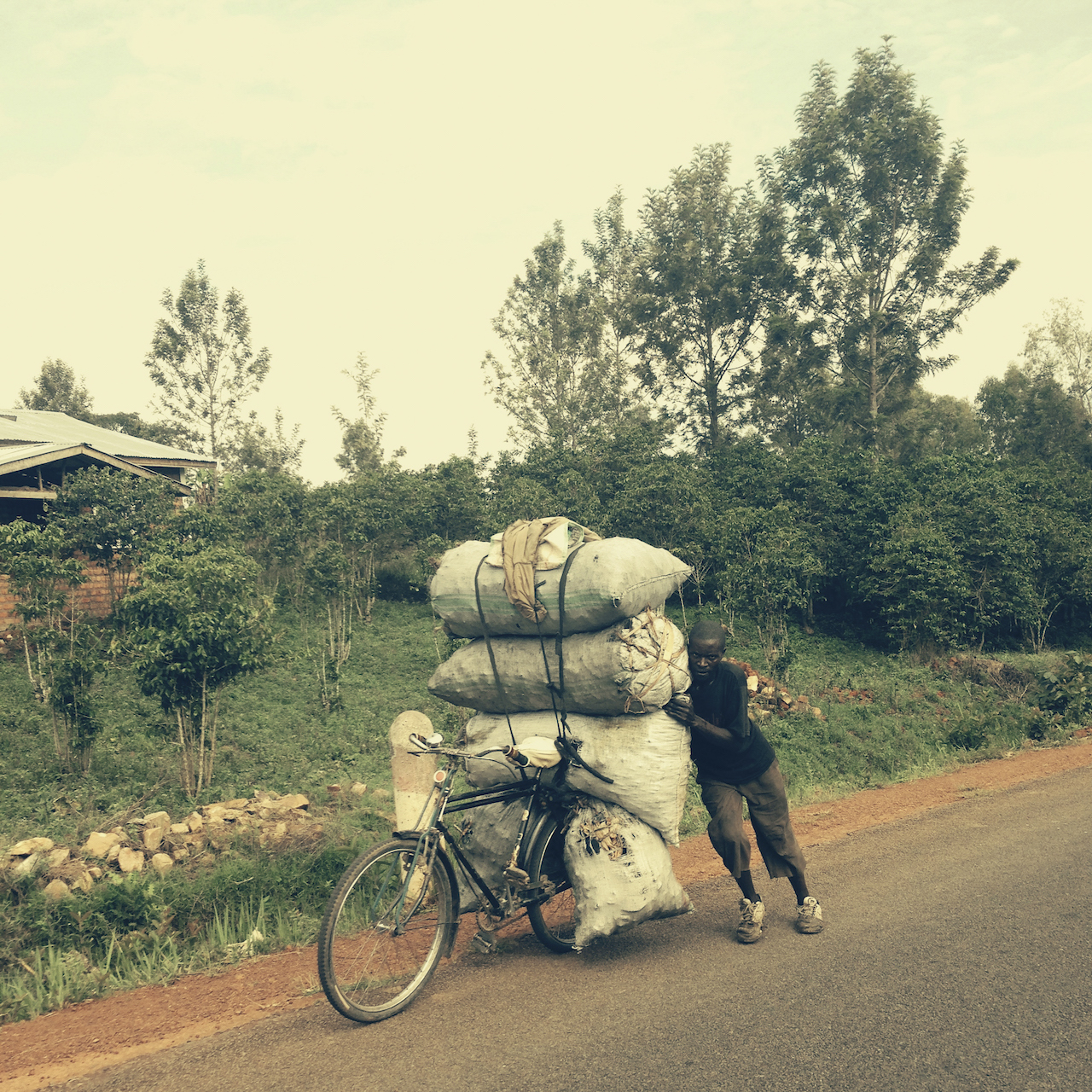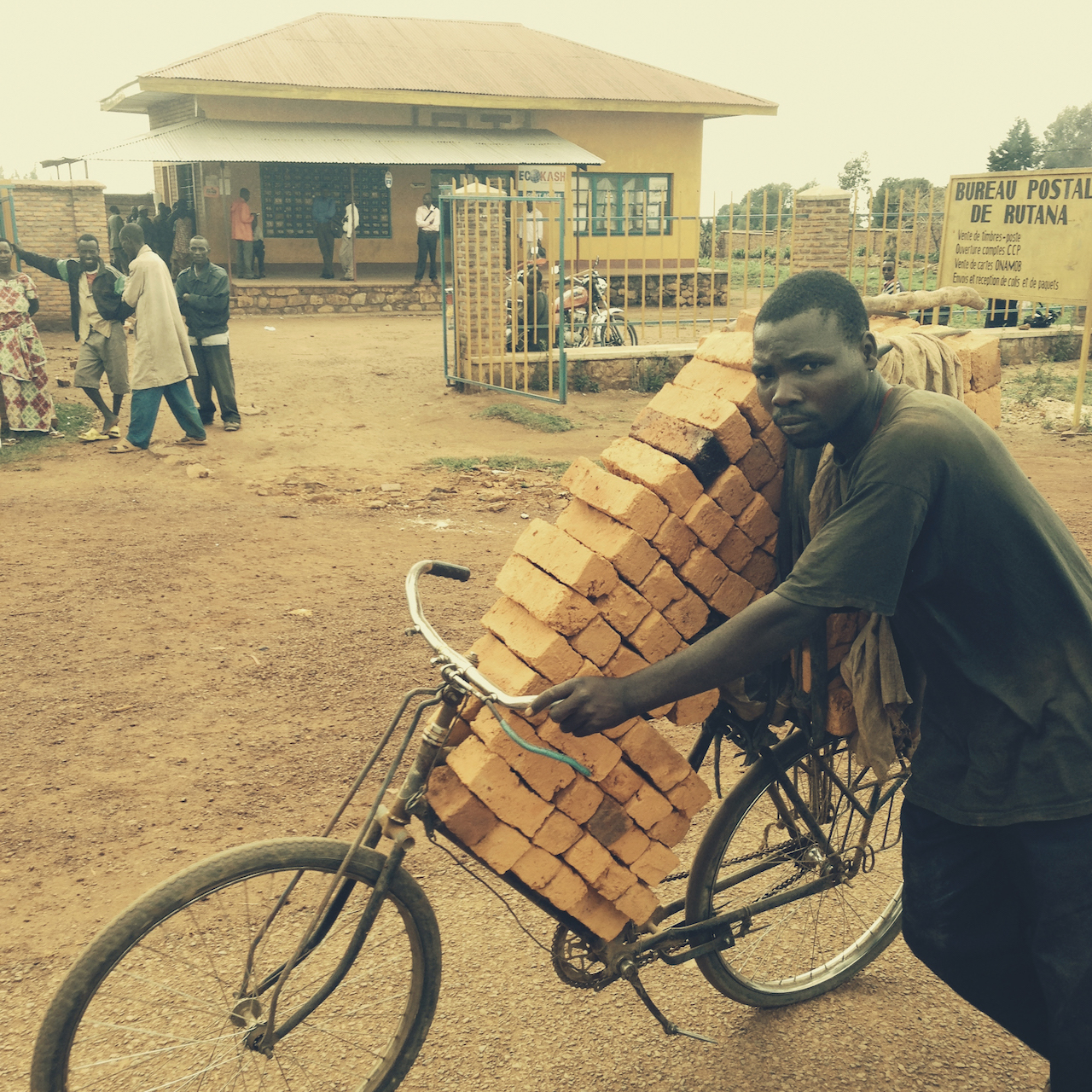Burundi has a very beautiful bicycle culture that is at the heart of the people’s everyday life. The bicycles here are not just for recreational purposes.
People and goods are transported on bicycles just as others in other countries would do with taxis.

In the Burundi dialect Kurundi, “Uwunguruza abantu n’ikinga,” means “bike-taxi-man.” There are no limits to what the “bike-taxi-man” can transport in the country’s capital.
The country has suffered from prolonged civil war and ethnic conflicts since King Mwambusta proclaimed independence from Belgian colonial rule in 1962.
The image that the western media has and portrayed of Burundi were that of a people displaced by the conflict – lost and hopeless.

However, in 2013, the world saw Burundi in a different light when German photographer Stephan Würth went on a two-day trip in the capital documenting his journey on an iPhone.
He captured candid moments of the people and opened the world’s eyes to a different Burundi. One that is filled with color, pride, ingenuity and to top it a beautiful landscape. Wurth brought the bike culture to life in his photos.

Joseph Akel has written a book with Wurth’s photographs titled ‘Ikinga.’ He said, “the bicycle has become an integral part of [Burundian] citizens’ daily survival.”
The country, according to IMF, is on the poverty belt and so many Burundians depend on bicycles as a way of supporting themselves.
“While the history of Burundi and its legacy of civil war and ethnic conflict cannot be ignored, Würth’s photographs, far from eschewing this legacy, offer new insights into how the nation strives to overcome its past by presenting a unique glimpse into life there today,” Akel writes.

“The bicycle has become a potent symbol of how that change is playing out … Indeed, the bicycle in Burundian culture has, in many ways, come to stand in for the resilience and the ingenuity of its people.”
Bicycles were once the only way Burundians could flee to safety in the forests during the civil wars because the roads were monitored by rebels. Now it’s a symbol of togetherness for the people as a bicycle -taxi association emerged in 2005.

The Burundian bicycle-taxi association, Solidarite des Taxis Velos du Burundi, can boast of over 15,000 unionized members. This union serves as a form of welfare and security haven for its members. Something that many Burundians would have never imagined a few years prior to the association’s inception.

Ikinga is now a reference point for how the people have picked themselves up in the face of adversities and make the most out of what they have.
“Ultimately, what come across in the photographs that make up ikinga,” Akel writes, “is the resilient human face of a country that has, for too long occupied a place in our collective imagination as a land in inhumanity.”










